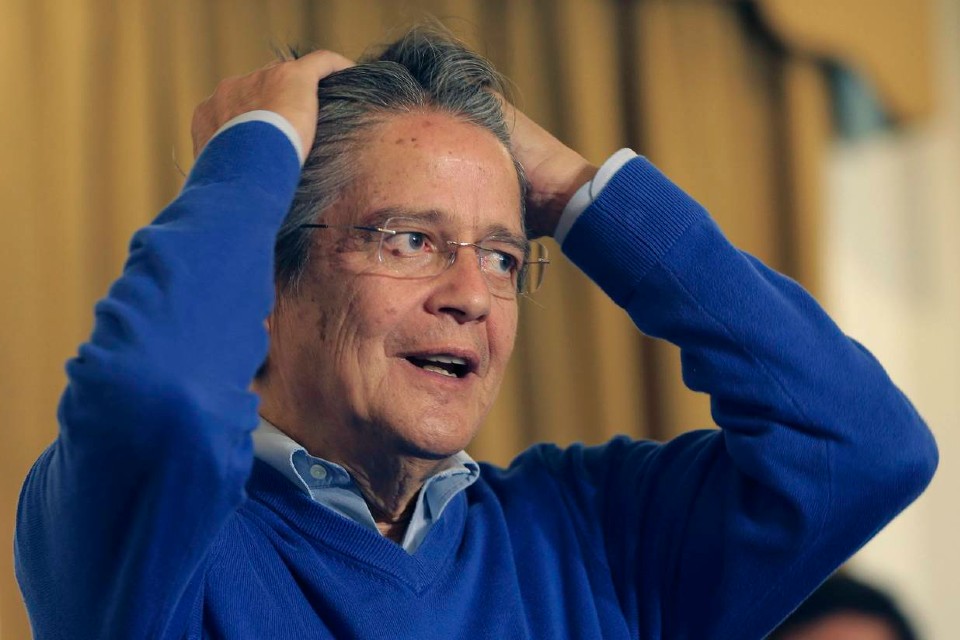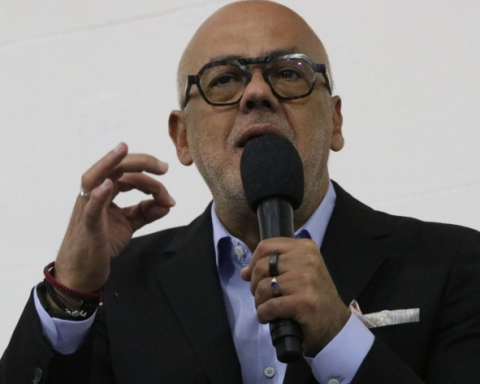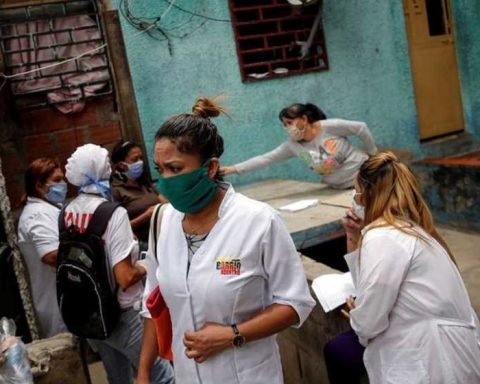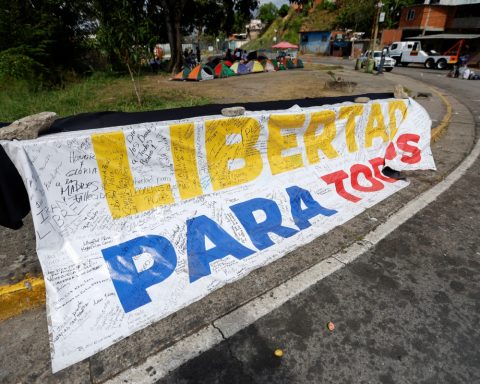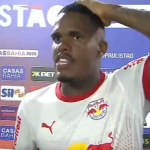Lasso has been accused by the opposition of alleged corruption in public companies, in which his brother-in-law, businessman Danilo Carrera, appears. The accusations against him suggest that he allegedly protected members of that network
The Oversight Commission of the National Assembly of Ecuador notified the country’s president, Guillermo Lasso, on Thursday, April 6, with the request for a political trial against him, which was requested by the opposition, which accuses him of an alleged embezzlement in public companies.
The president of that Commission, Fernando Villavicencio, on his Twitter profile showed a document in which President Lasso was notified and appointed lawyer Edgar Neira Orellana to defend him.
Lasso and his defense will have ten days to present exculpatory evidence, which must be incorporated into the process of preparing a report from the Oversight Commission. There it should be recommended or not to continue with the trial, which if approved will go to the plenary session of the Assembly.
Guillermo Lasso has been accused by the opposition of an alleged corruption plot in public companies, in which his brother-in-law, businessman Danilo Carrera, appears. The accusations against him suggest that he allegedly protected members of that alleged network by promoting the filing of an investigation by the anti-drug police into alleged links between businessman Daniel Chérres and a drug trafficking network.
Lasso denies the accusations.
On Wednesday, March 29, the Constitutional Court of Ecuador had already given the green light for the Ecuadorian Parliament to carry out the political trial of censorship against Lasso.
Through a statement, the court explained that the plenary session resolved “inadmitting the two accusations related to the alleged crime of embezzlement and admitting the accusation of impeachment related to the alleged crime of embezzlement.” The decision was made with six votes from the nine judges that make up the highest constitutional control body.
After the ruling, the process continued in the Legislative Assembly, which sent the report to the Commission for Oversight and Political Control.
At that time, the Ecuadorian government accepted the ruling of the Constitutional Court. However, he rejected the interpellation on the grounds that it has no legal basis. Through a statement, the General Secretariat of Communication of the presidency said that “despite the fact that we do not agree with the decision of the Constitutional Court, we respect the opinion of admissibility on the political trial.”
With information from Deutsche Welle
Post Views: 152
